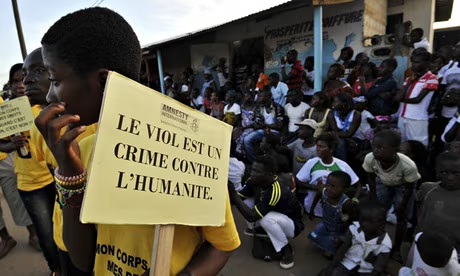The Institute for Human Rights and Development in Africa (IHRDA), the Media Institute of Southern Africa (MISA) of Zimbabwe and Article XIX filed a communication before the Africa Commission on human and Peoples’ Rights (ACmHPR) on behalf of Capital Radio (Private) Limited (CRPL) an independent electronic broadcasting company in Zimbabwe.
The complaints alleged that the broadcasting regulatory framework unreasonably limited their right to freedom of expression. The amendment Act of Broadcasting Authority of Zimbabwe required both radio and television service provider to apply for license before they could broadcast.
The main problem with this enactment was that the application fee was exorbitant and even if media houses paid fee, they were still denied the license.
The Minister for Information publicly stated that Capital Radio would never be granted a broadcast license because of its predominantly white ownership. The Police seized Capital Radio’s equipment and the CRPL directors to hide the equipment used for broadcasting.
This case reached the apex court (Supreme Court) in Zimbabwe but CRPL were not satisfied with the decision of the court, because out of the 17 alleged violations only 4 were declared unconstitutional in judgment passed on the 22nd September 2000.
Since all local remedies were exhausted, Article XIX in partnership with Gerry Jackson, Michael Auret Jr, Media Institute of Southern Africa and IHRDA has filed communication before the ACmHPR. It is currently awaiting a decision on admissibility.
The communication was declared inadmissible during (10 – 24 November 2010) 48th Ordinary Session of the African Commission, held in Banjul, The Gambia, Banjul, The Gambia.
The reason for the Commission’s decision was that the complaints did not concur with the admissibility requirement in Article 56(6) of the Africa Charter on Human and Peoples’ Rights. This provision of the charter required complaints to submit their compliance before the commission within a reasonable time after the exhaustion of local remedies. In this case it took the complaints two year after they exhausted local remedy, the commission declare this as unreasonable because they did not have any good reason for taking that long.





